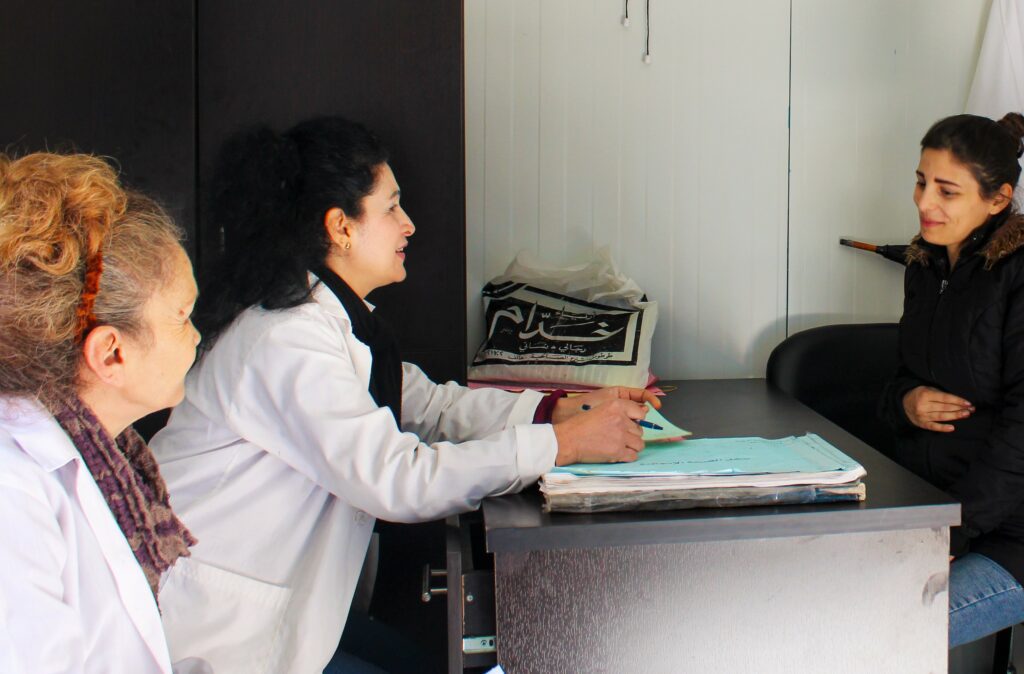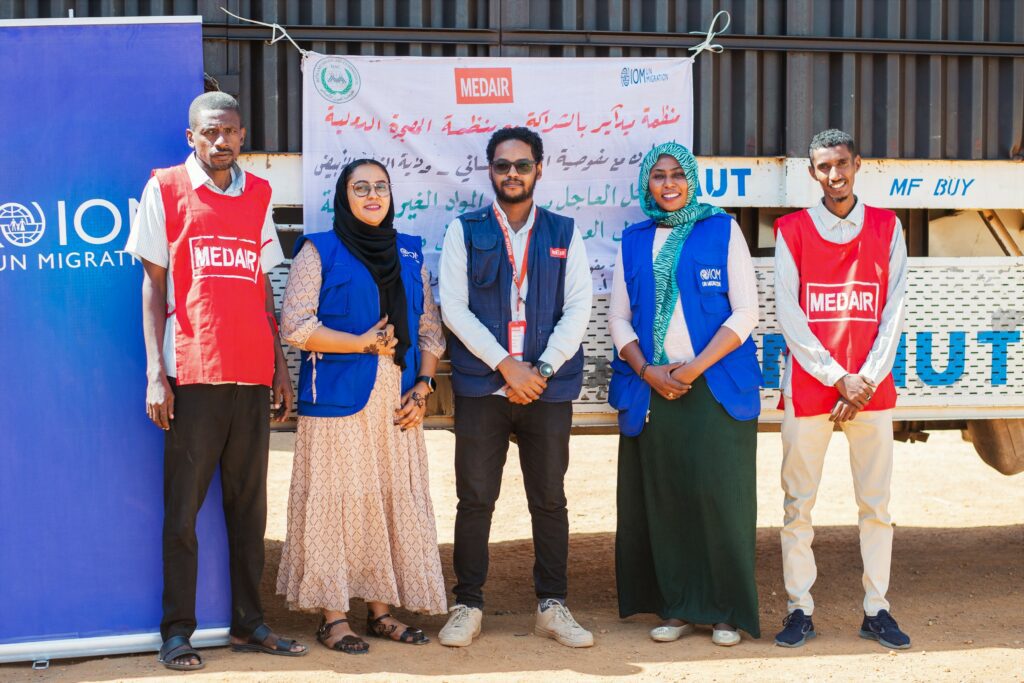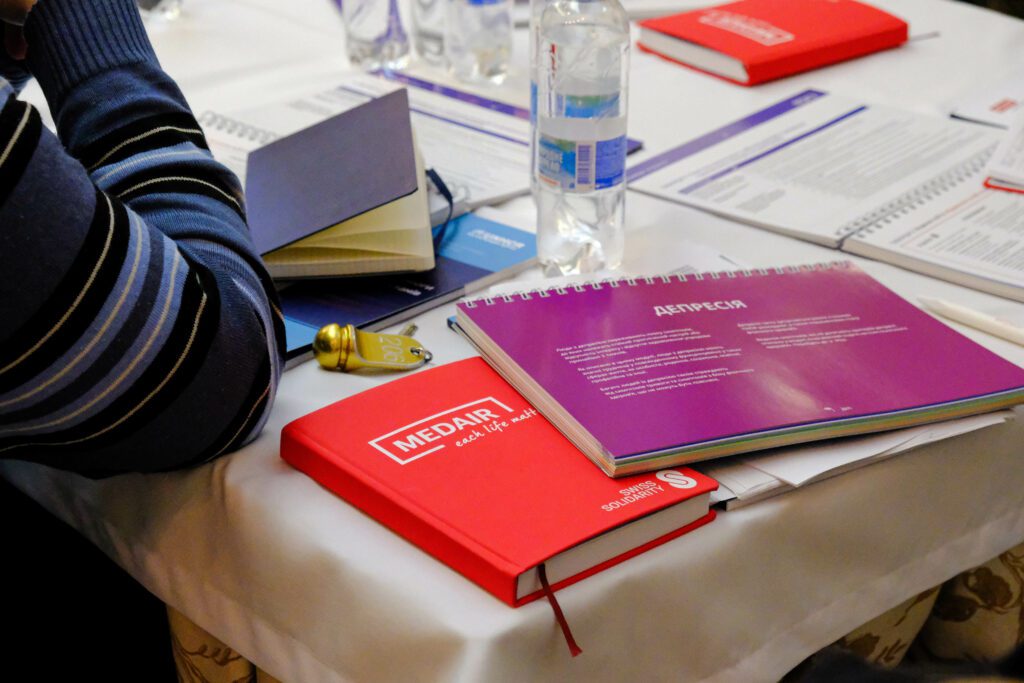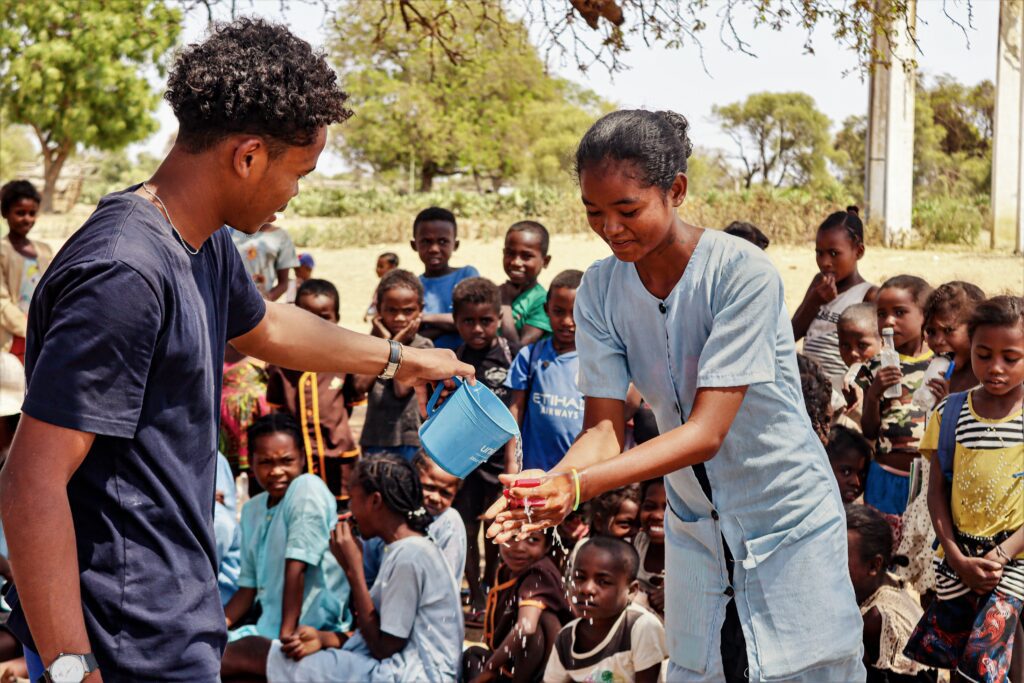Laylin and Wahid’s youngest child is just five days old. His name is Tahmid, and he’s fast asleep in his mother’s arms in the small house where they live in Mafraq, Jordan. But while his birth was a happy occasion, there are now medical bills to be paid and no way to pay them. Tahmid, like his entire family, is a Syrian refugee – and medical services in Jordan can be prohibitively expensive for refugee families.
The start of a regional response
Families like Laylin and Wahid’s were what first brought us to Jordan back in 2012. Jordan was the very first country where we began responding to the crisis in Syria. Our Global Emergency Response Team arrived in Amman in September 2012, hoping to support vulnerable Jordanian families and the approximately 45,000 Syrian refugees in the country at the time (UNHCR, 2021). Seeking safety and peace from the crisis back home, Syrian families travelled overland to Jordan. They needed a safe place to sleep, warm blankets, and urgent support for health care.
Nine years later, we’re still here – and on the surface, that might seem odd. Jordan isn’t experiencing severe food insecurity, a long and deeply complex humanitarian crisis, or a devastating volcanic eruption. It’s a country known for its spectacular desert landscape, the otherworldly city of Petra, and the Dead Sea. So why are we here?
Because, quite simply, the humanitarian needs in Jordan are huge.
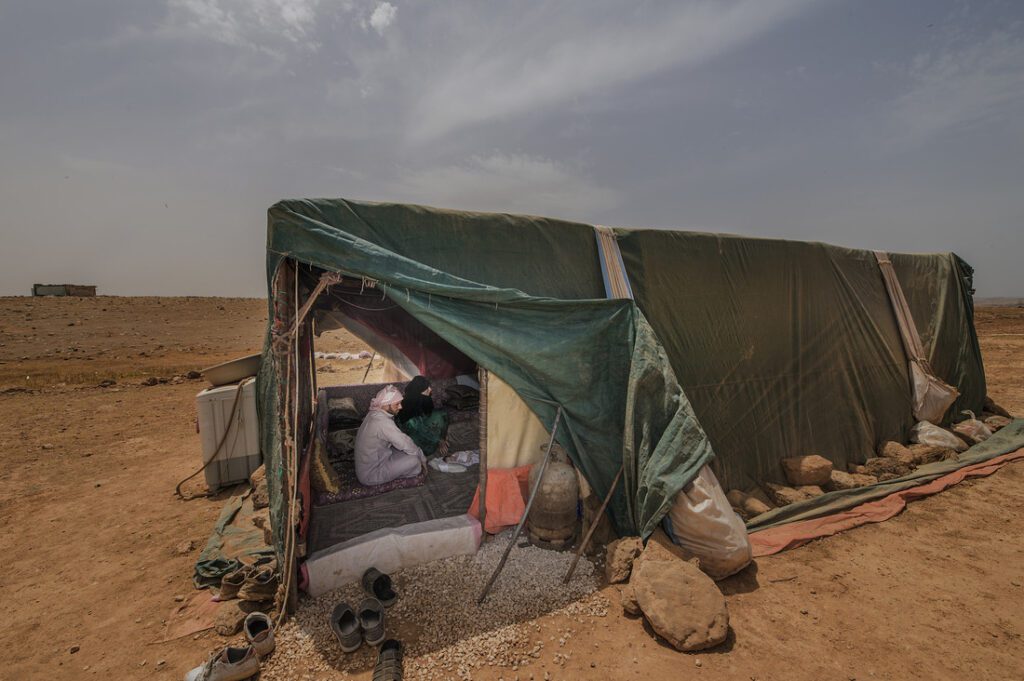
The case for Jordan
Jordan might not be a visible humanitarian emergency, but this small and relatively resource-scarce country hosts more than 757,000 refugees, according to the UN Refugee Agency. The vast majority of these refugees are from Syria, but others have fled from countries like Sudan, Iraq, Somalia, and Yemen – many of which are not considered by the United Nations as meeting the conditions for a safe return. Unable to return to the communities they fled from, many of these families have little choice but to stay in Jordan.
Though refugees have access to Jordan’s comprehensive health care system, certain key costs remain prohibitively expensive. A visit to the hospital for an urgent surgery, maternal health services, treatments for non-communicable illnesses (such as diabetes or high blood pressure), or infant care can cost thousands of dinars – potentially leaving refugee families (many of whom are unable to legally work in Jordan) in enormous amounts of debt. There’s an added complication that accessing essential services can be a struggle for both Jordanian and refugee families. Low-income families may be unable to put their children through school or be unaware of where to find social support for things like hearing aids or childcare. Some families may not fully understand their basic rights in Jordan, which can leave them vulnerable to exploitation.
It’s a situation that has only grown more complicated with COVID-19. Since the start of the pandemic, the number of families living in poverty in Jordan increased by 38 percent for Jordanians, and 18 percent for Syrian refugees, according to a study conducted by the UNHCR and World Bank. Stress and anxiety levels have increased for both displaced and host families – sadly, this sometimes leading to depression, substance abuse, and violence against women and children (Unicef, 2020).
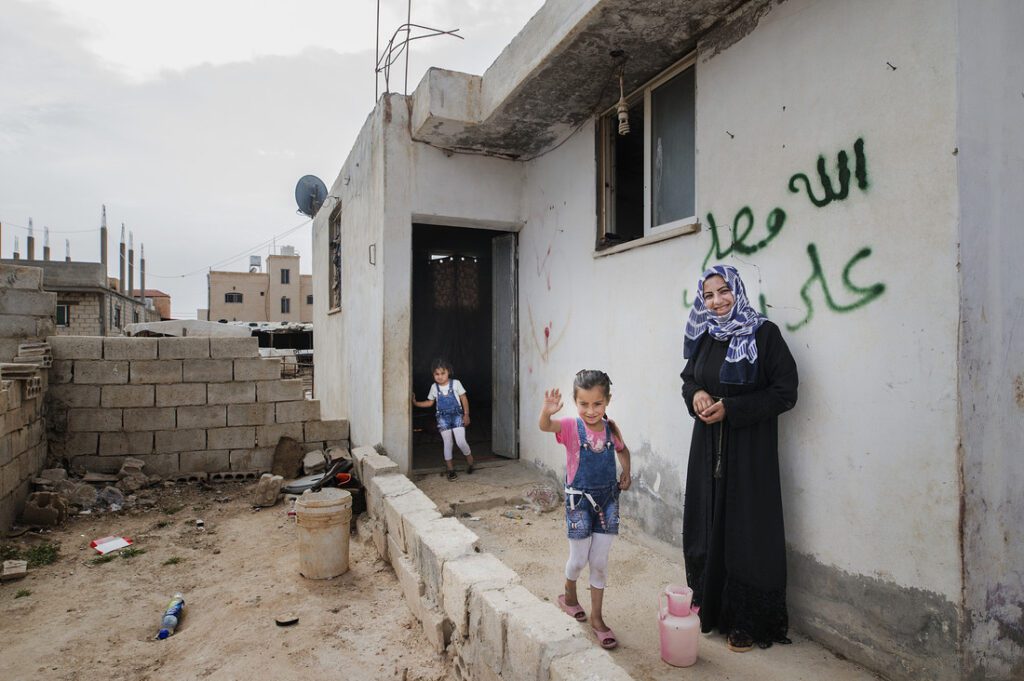
What we’re doing now
Our teams spend every day in communities that are affected by these challenges. It isn’t a visible or heavily mediatised humanitarian crisis, but we see the humanitarian needs – and the humanity of the people we serve – every single day. We’re still in Jordan because we’re hopeful that we can provide support.
Our mental health interventions support to vulnerable and refugee families, helping give them the tools and coping skills they need to help handle stress, anxiety, grief, or trauma – either because of past experiences, or because of the COVID-19 pandemic.
Our cash and case management programme connects highly vulnerable families with complex needs to the services they need to help them thrive – like livelihoods support so families can begin to meet their own needs, legal assistance to understand their rights, or support to find better housing that is more suited to their needs (among others).
And our cash-for-health interventions support families just like Laylin and Wahid, for whom essential health services can be prohibitively expensive. Our cash-for-health interventions help cover the cost of urgent surgeries, maternal and child health care, and non-communicable diseases (such as heart disease or diabetes) for families who simply cannot afford them, or who would otherwise go deep into debt. Cash-for-health services mean we’re making use of Jordan’s well-resources health care system without duplicating services, while also ensuring that vulnerable families can access the critical health services they need.
So in short, we’re still in Jordan because there are still a lot of vulnerable families that need support – and we’re determined to do that for as long as we can.
Medair services in Jordan are funded by the Swiss Agency for Development and Cooperation, UN Office for the Coordination of Humanitarian Affairs, the European Commission’s Civil Protection and Humanitarian Aid Operations, and the German Federal Foreign Office, and the U.S. State Department’s Bureau of Population, Refugees, and Migration (PRM).and private donors.
All photos: © Medair / Mona van den Berg
This content was produced with resources gathered by Medair field and headquarters staff. The views expressed herein are those solely of Medair and should not be taken, in any way, to reflect the official opinion of any other organisation.


